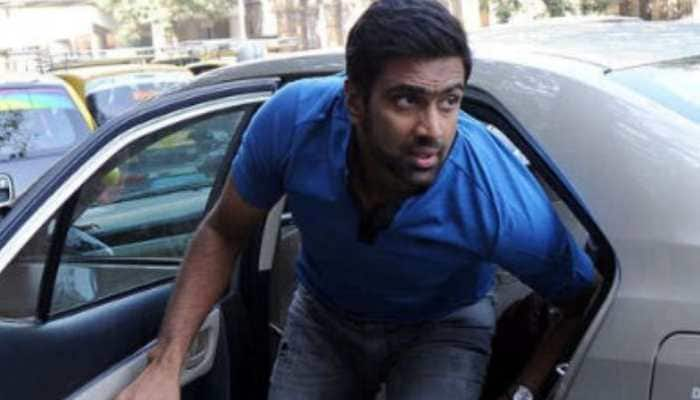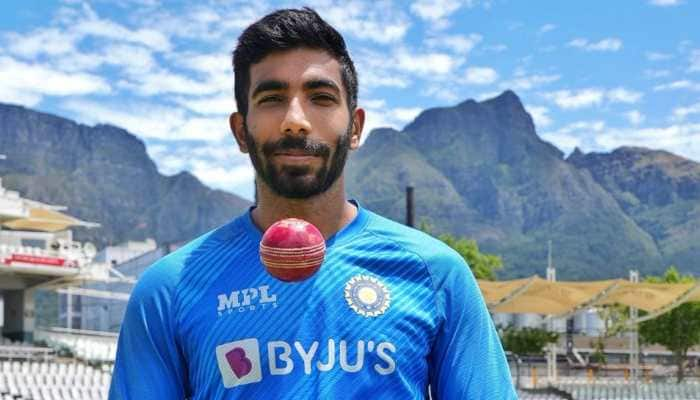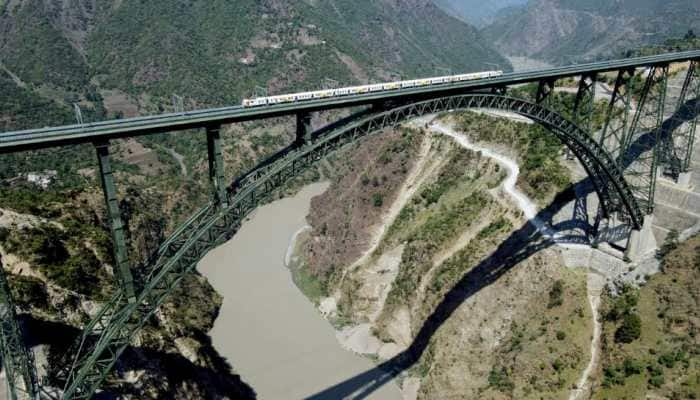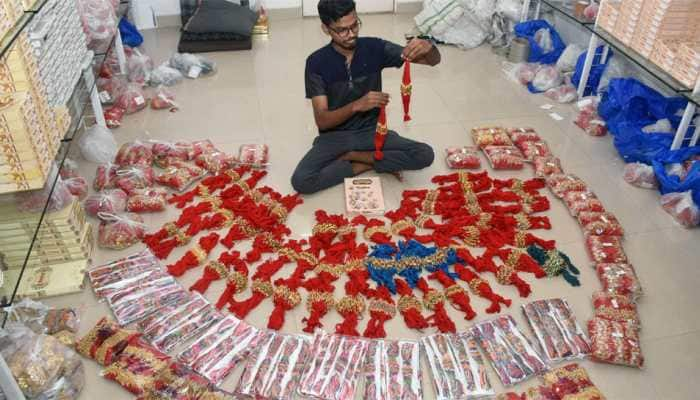Amid Israel's Intense Airstrikes On Lebanon, Diplomats Walk Out In Protest During Netanyahu's UN Address | 10 Points
Netanyahu used the UN's Platform to defend Israel's actions, citing its right to self-defence and pledging to continue military operations against Hezbollah.
Trending Photos
) Representative image
Representative image Tensions in the Middle East escalated as Israel launched a series of fresh airstrikes targeting Hezbollah strongholds in southern Beirut, Lebanon. The latest strikes have resulted in significant destruction and civilian casualties, further fueling unrest in the region. This comes as Israeli Prime Minister Benjamin Netanyahu was delivering an address at the United Nations General Assembly. The strikes drew global attention and led to diplomatic protests.
1. During Netanyahu's speech at the UN General Assembly, numerous diplomats walked out in protest. Netanyahu used the platform to defend Israel's actions, citing its right to self-defence and pledging to continue military operations against Hezbollah.
2. Israeli Defense Forces (IDF) launched a wave of airstrikes on Hezbollah-controlled areas in southern Beirut. These strikes marked a shift in Israel’s military focus from Gaza to Lebanon, leading to widespread destruction in densely populated neighbourhoods.
3. Hundreds of civilians were killed as buildings were flattened and neighbourhoods were reduced to rubble. The strikes led to mass evacuations, with local residents fleeing the targeted areas in fear.
4. Hezbollah leader Hassan Nasrallah, long considered the primary target of Israeli operations, was reportedly unharmed. While Israel focused on hitting Hezbollah's leadership, Hezbollah sources claimed Nasrallah was safe, though he remains in hiding.
5. In response to the airstrikes, Hezbollah launched rocket attacks on Israel, triggering warnings from Israeli authorities for civilians in Hezbollah strongholds to evacuate, further escalating the conflict.
6. Among those killed in the airstrikes were high-ranking Hezbollah officials, including Muhammad Ali Ismail, the commander of the group’s missile unit in southern Lebanon. Israel asserted that these strikes crippled Hezbollah’s leadership structure.
7. Netanyahu vowed to continue Israel’s military campaign until Hezbollah was neutralized along Israel’s northern border. He issued a stark warning to Iran, accusing Tehran of stoking violence through its support of Hezbollah.
8. While Israel claimed that it had targeted Hezbollah’s weapons depots in southern Beirut, Hezbollah denied these accusations. The strikes led to significant destruction, with six buildings reportedly destroyed and dozens of people wounded.
9. The strikes, combined with the already devastating conflict in Gaza, drew widespread international condemnation. United Nations and humanitarian organizations raised alarms over the situation in Lebanon, describing it as one of the deadliest periods in the country in recent decades.
10. Iran's President Masoud Pezeshkian strongly condemned the Israeli airstrikes, labeling them as war crimes. The attacks have further strained tensions in the region, with the potential for a broader conflict looming
Stay informed on all the latest news, real-time breaking news updates, and follow all the important headlines in india news and world News on Zee News.
Live Tv







)
)
)
)
)
)
)
)
)
)
